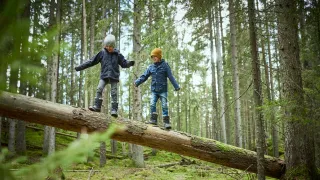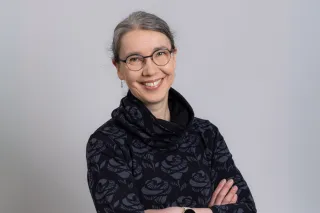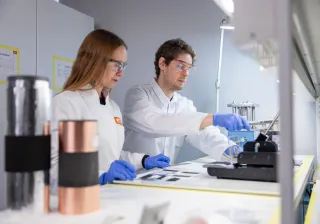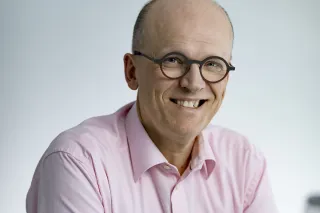VTT inspires exponential hope by creating systemic and technological breakthroughs that bring fundamental transformation and renewal. Our work will become visible and have impact through the success of our customers and the society.
“The strategy we announced on 15 January 2021 will continue the journey that we started in 2016,” says Antti Vasara, CEO & President of VTT. “Our operations are still guided by global challenges to which we develop solutions with science and technology. The customer's benefit, impact, is an indicator of our success. “
In its revised strategy, VTT defines three systemic challenges for which it develops solutions for the benefit of the society as a whole and its customers. These challenges include carbon neutrality, productivity leap and societal resilience. Technological challenges, in turn, include quantum leap, super-performing materials, superior digital systems and synthetic biology.
In addition, we constantly explore emerging topics and continue to support the public sector.
Impact is generated by customer success
Vasara emphasises that VTT does not carry out research for the sake of research, but to help the customer succeed. "Our purpose is to solve major challenges and thus create sustainable growth. This, in turn, means jobs and well-being, i.e. the success of the society and companies.”
“We are in a business of hope where we work with science and technology tools,” he continues. “Our ambition is to bring exponential hope to a world that needs to deal with the climate crisis, achieve resource sufficiency, drive industrial renewal, provide safety and security, and enable good life for all.”
The updated strategy emphasises the customer and sustainable new business. Antti Vasara welcomes the fact that responsibility forms an essential part of the basic task of VTT: “Responsibility means, above all, that the solutions we develop, and their handprint are sustainable. It also includes taking care of our personnel and examining the impacts of our own practices in a very extensive manner.”







